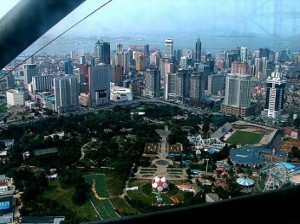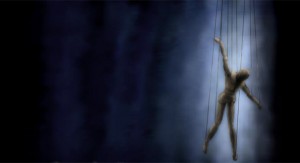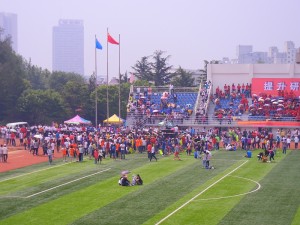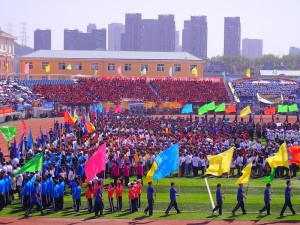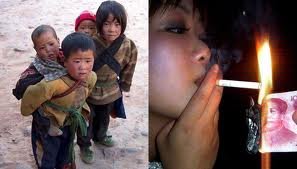Well, it’s been another day in the life of the ex-pat athletic supporter…
I’ve been to one Chinese Basketball Association game up in Shenyang, my province’s capital, and that was a frosty Friday nearly three years ago. The word is that Dalian was once a national power in Chinese professional (soccer) football, and I really ought to get out to the stadium once before I’m back in Canada for good. I’m sure it would turn my athletic crank and shuffle my observation deck if I actually got out there, but I’m not a great expedition-planner and this would require some linguistic Sherpas. A guy with mornings free, which I sometimes am, can often pick up an NBA game on CCTV 5, the ESPN of China, but he can forget about hockey and baseball.
Except that, try as I might, I can’t forget baseball. As a sports fan in China, I’m mainly a reader, and a big proportion of that textual wading is devoted to basketball, both splashy coverage of the American college and pro games, and homely black and white reports from the Canadian university scene. (And don’t forget NiuBball.com, for all the Chinese hoops news that’s fit to print in English!) I don’t often read about baseball, though, and when I do it’s an in-depth feature on an athlete or on some trend in the sport. Game results? Heck, 162 games times 30 teams (and by the way, the Jays stunk again this year) equals no friggin’ way. Gotta draw the line somewhere.


